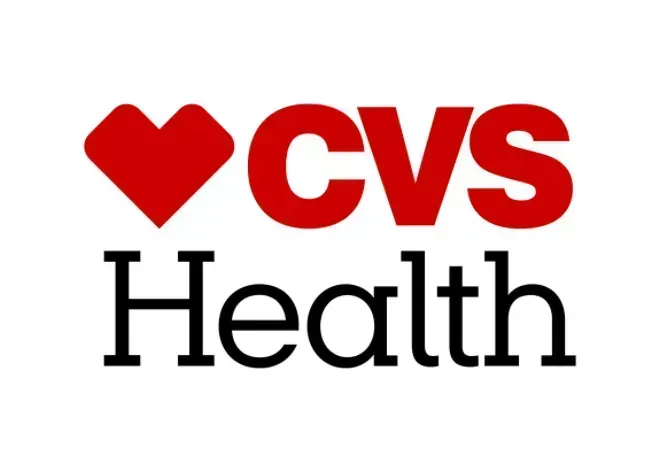ARLINGTON, Va. — The American Diabetes Association (ADA) is partnering with pharmaceutical manufacturers to support the needs of people with diabetes.
Abbott and the ADA are collaborating to better understand the nutritional needs of people living with diabetes, obesity and metabolic dysfunction and how nutrition formulas can support those needs and overall health.
The association also has joined with Genentech to increase equitable access to eye health care in the Washington, D.C., area.
More than two in five adults in the U.S. are living with obesity, and approximately one in 10 are living with diabetes, most of which is type 2. They may have nutritional deficiencies that go undiagnosed, which can have implications on their overall health. Adequate nutrition and nutrition support have been shown to improve health outcomes. For example, research shows that diabetes-specific nutrition formulas can support glycemic management. Through the collaboration, the ADA will review and consolidate the latest evidence to help health care professionals understand the unique nutritional needs associated with diabetes, obesity and metabolic dysfunction, as well as the role nutrition formulas can have on health.
“Better understanding nutritional needs will help health care professionals support their patients and get ahead of nutritional problems,” said ADA chief executive officer Charles “Chuck” Henderson. “This collaboration with Abbott aims to bridge the gap in practical nutrition guidance, addressing the specific malnutrition challenges faced by people with diabetes, which aligns with the ADA’s mission to improve the lives of people impacted by diabetes as well as the work of our newly formed Obesity Association to reduce the prevalence of obesity.”
Last year, the ADA and Abbott announced a collaboration aimed at better understanding how diabetes technology like continuous glucose monitor (CGM) systems can help people living with diabetes make informed decisions about their food and activity. This new collaboration builds on the commitment to support people with diabetes — and extends support to those with obesity as well. Abbott will provide a $1.6 million grant over the next three years to the ADA to enable it to:
• Engage and convene top health care experts to discuss and evaluate nutritional support for people with diabetes, obesity and metabolic dysfunction.
• Gather, review and synthesize the latest scientific evidence on the nutritional needs of people with diabetes, obesity and metabolic dysfunction and how nutrition formulas can address nutritional needs.
• Incorporate the findings into publications in peer-reviewed journals, the ADA Scholars Program and health care professional education.
“Abbott and the ADA are both science-based organizations with a long history in research, education and helping people live healthier lives,’’ said Joe Manning, executive vice president of Abbott’s nutrition business. “We look forward to working with the ADA to help equip health care professionals with nutrition resources and information to support people living with diabetes and obesity.”
The program with Genentech, a member of the Roche Group, is an extension of the Health Equity Now initiative and will focus on identifying and removing barriers to care facing Black and Hispanic/Latino communities in the D.C. region.
Diabetes-related eye disease affects nearly 8 million Americans and is the leading cause of vision loss in people ages 18 to 64. Black, Native American/Alaska Native, Hispanic/Latino and older adults living with diabetes are at higher risk of losing their vision or going blind compared to non-Hispanic white adults. Comprehensive eye exams play a crucial role in the prevention, early detection and intervention of eye disease and vision loss caused by diabetes, yet many in these communities either don’t receive or don’t have appropriate access to eye health care. Every year, an estimated 3,300 adults in D.C. are diagnosed with diabetes. Citywide, about 7.8% of the adult population has diagnosed diabetes, yet prevalence rates vary greatly by neighborhood. In some wards, between 11.8% and 13.5% of residents have diagnosed diabetes.
“Regular eye screenings and treatment can prevent vision loss caused by diabetes,” said Henderson. “We’re excited to partner with Genentech to bring this program to the Washington, D.C., area to support people in accessing the care they need.”
The program builds on insights from the 2023 pilot program in Birmingham, Ala. The pilot involved 85 community outreach activations and 50 educational and screening events, providing insights into barriers faced by under-resourced communities and expanding access to eye screenings and treatment to more than 4,100 community members. In the Washington, D.C., area, the program will similarly work alongside community partners to identify and lower barriers to eye health care for people living with diabetes in the region.
“We know that inequities in health outcomes and access to care are deep-rooted and must be addressed at the local level. We also recognize that it will take thoughtful collaboration and community engagement to one day eliminate these disparities,” said Genentech chief executive officer Ashley Magargee. “We look forward to our continued work with the ADA, and with local organizations advocating for community members, to tackle systemic barriers and improve eye care for all patients.”
The ADA and Genentech share a dedication to health equity and a long-standing commitment to people living with diabetes-related eye disease.







